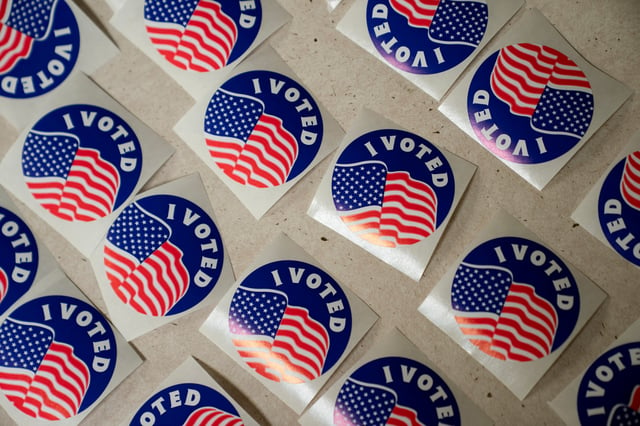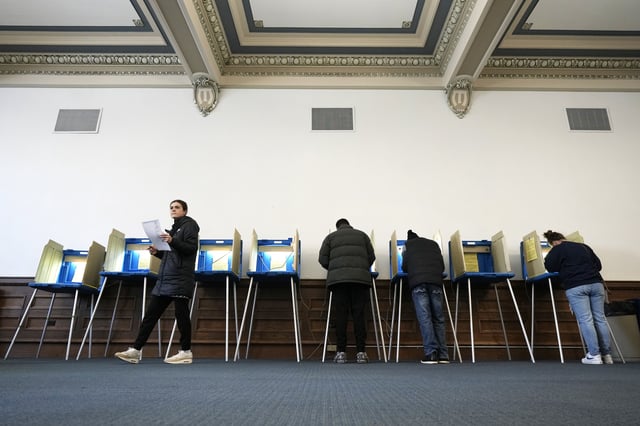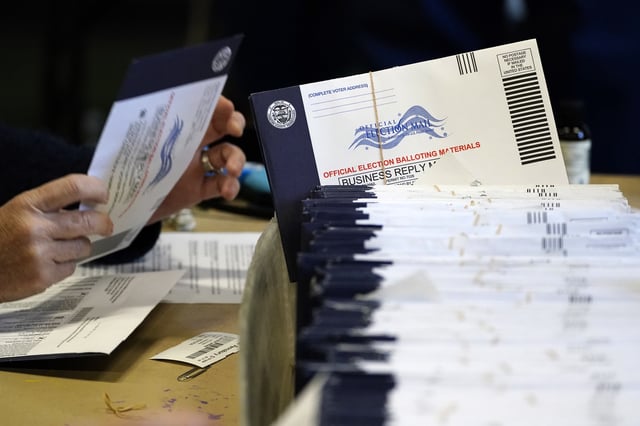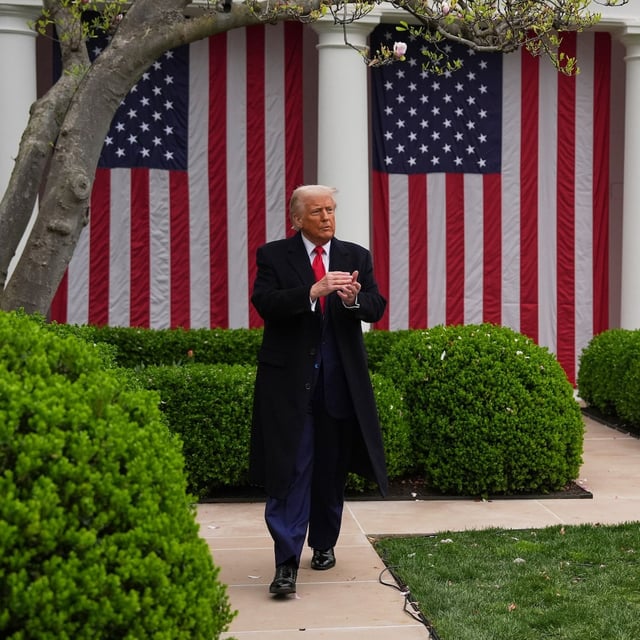Overview
- President Donald Trump’s March 25 executive order mandates proof of citizenship for voter registration in federal elections and directs federal agencies to assist states in verifying voter eligibility.
- Democratic leaders and organizations have filed a lawsuit claiming the order violates the Constitution and federal laws, including the Administrative Procedure Act and the National Voter Registration Act.
- The lawsuit argues the order could disenfranchise millions of lawful voters, particularly the estimated 9% of U.S. citizens who lack readily available proof of citizenship.
- Misinformation about the lawsuit has spread, with some Republican officials falsely claiming it seeks to allow noncitizen voting, despite federal law already prohibiting it.
- Legal experts note that noncitizen voting in federal elections is exceedingly rare, with studies confirming it occurs at negligible rates.



